Road Map for the Future: Russia’s New Eastward Policy
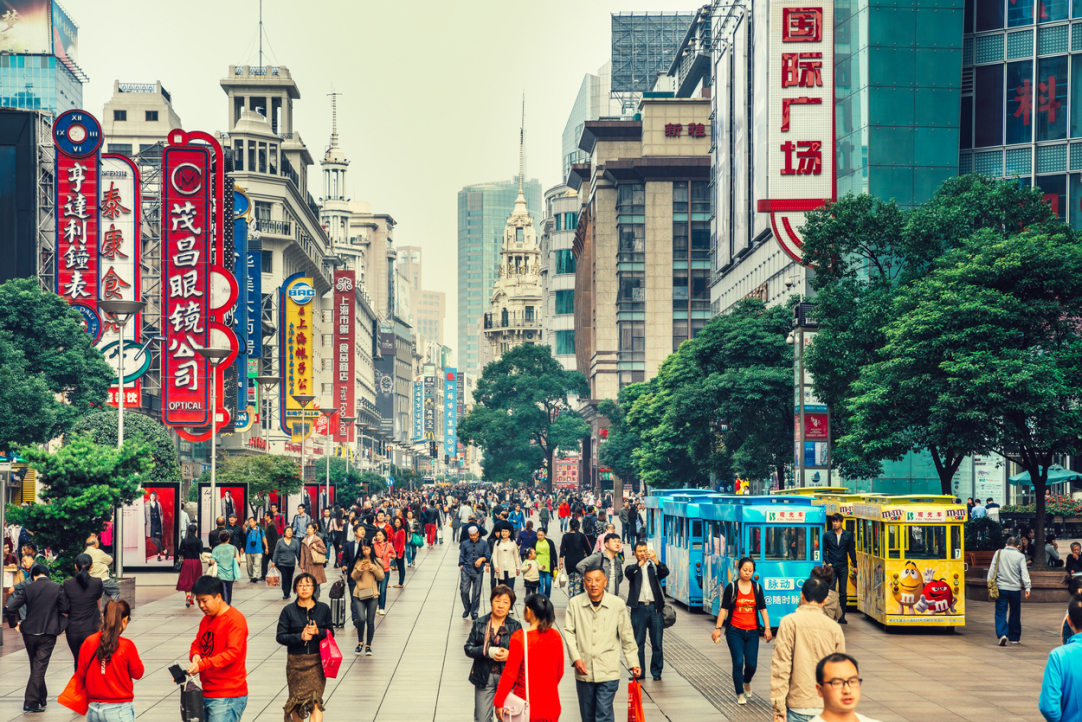
Today, Russia is striving to develop its relationships with the countries of East and South Asia and the Middle East. Politicians, diplomats, and businesspeople need to be aware of the specifics of Eastern states, their traditions and culture. To develop a new level of relations, it is important to provide high-quality education for Asian studies specialists. This was discussed at the First International Academic Conference ‘Oriental Civilisations: A View from the 21st Century’ hosted by HSE University. The Conference was attended by scientists from Russia, China, Turkey, Japan, Iran, and other countries.
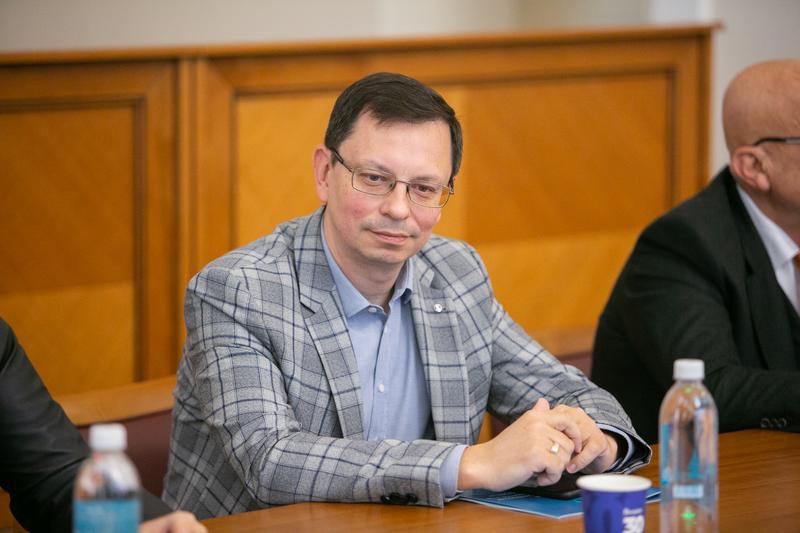
In his welcome speech, HSE Rector Nikita Anisimov said that HSE University seeks to combine the efforts of Asian studies schools in Russia and abroad. He stressed that working in eastern countries has clearly pronounced specifics. ‘Going to a new country without knowing the customs of business, the principles of society, and the traditions is dooming oneself to failure,’ Mr Anisimov said.
Maria Zakharova, Director of the Information and Press Department of the Russian Ministry of Foreign Affairs, wished HSE University a happy 30th anniversary and noted the importance of the conference for orientalists.

Russia needs a strong school of Asian studies to meet the country’s vital needs: Russia shares its longest border with Kazakhstan and its second longest one with China. ‘This is something we will always live with. Orientalism is not art for art's sake, but a road map,’ Ms Zakharova said. She believes that the current studies of Asia and Africa are of particular importance, as a fairer world order is now taking shape, where those parts of the world will play a more important role.
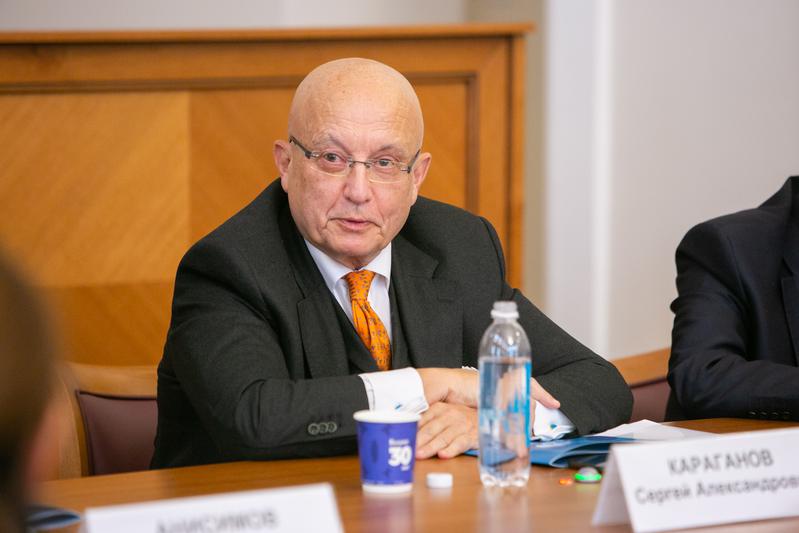
Academic Supervisor Sergey Karaganov, HSE Faculty of World Economy and International Affairs, called oriental studies the most promising humanities discipline. Eastern civilisations are the civilisations of the future and, in his opinion, will be dominant in 30–40 years’ time.
Professor Zhao Huasheng, Institute of International Studies, Fudan University (China), presented a paper entitled ‘How to Understand Chinese Policy towards Russian-Ukrainian Conflicts?’ He stressed that China defines its foreign policy based on its own national interests and priorities, so the country refrains from supporting either side. Although China is against NATO's eastward expansion, which could be seen as support for Russia, China does not see the conflict in Ukraine as a war with the West.
Beijing insists on solving the problem through peaceful negotiations: ‘War is the last thing China needs,’ said Professor Zhao Huasheng. As long as there is the slightest chance, China will continue to make efforts to solve issues with Taiwan peacefully.
Academic Supervisor Timofey Bordachev, HSE Centre for Comprehensive European and International Studies (CCEIS), spoke about the factors that influence the structure of the modern world order. He stressed that in the current context of the destruction of generally accepted international norms, it is important to understand the historical, domestic, and other bases of the foreign policy of individual countries. ‘Only by analysing this puzzle can we understand what reactions will follow in the short term; this is the only thing we can rely on to understand international relations,’ said Mr Bordachev. The weakening of the West has led to the collapse of the formal and informal world order; its current state can lead to a stronger influence of the global majority, so the study of Asia and Africa is becoming particularly relevant.
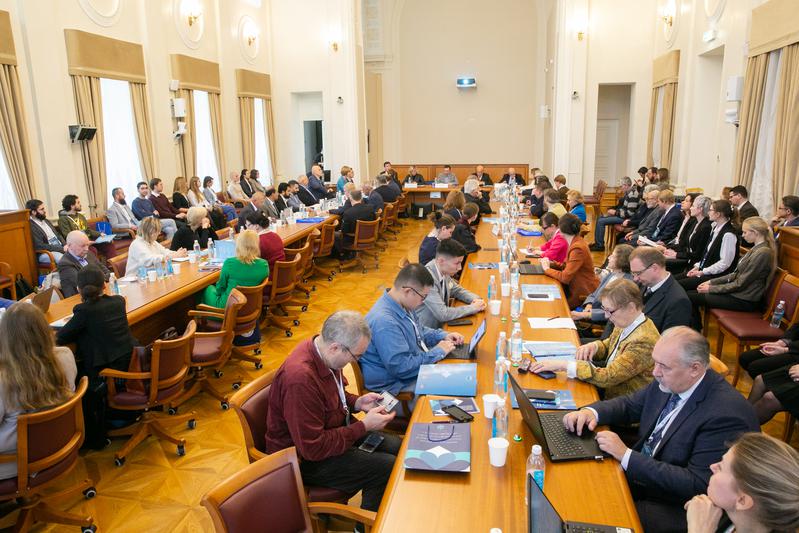
In his report ‘The Foreign Policy Vector of Russia's Turn to the East: Problems and Prospects’, Dmitry Streltsov, Head of the Department of Oriental Studies at MGIMO, noted that many countries consider Russia to be a leader in confrontation with the US and the West and, being dissatisfied with the current world order, sympathise with it. At the same time, there is a rise of Asian nationalism in the East, particularly in East Asia. The term ‘Asian values’ has appeared, and political leaders are talking about a world based on these values.
Mr Streltsov explained that Russia is perceived by many in the East as a European country with an imperial legacy, while some states retain stereotypes associated with negative historical memory. In particular, some Chinese publicists consider Russia, France, Great Britain and Japan to be responsible for the humiliation China faced in the late 19th century. Others recall the Kremlin's desire to control local communist parties, which is seen as interference in internal affairs.
Russian policy must be free of ideological constraints and maintain its economic, trade, and cultural-humanitarian relations with Japan and South Korea while strengthening relationships with ASEAN countries. ‘Whatever happens, Russia should pursue a precise, coordinated policy based on scientific principles in the eastern direction,’ Mr Streltsov concluded.
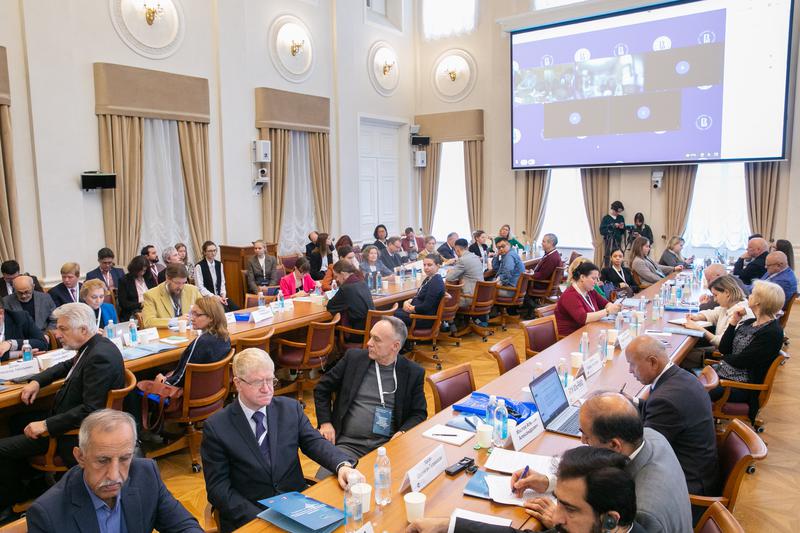
Professor Alexander Lukin, Head of the HSE School of International Affairs, presented a paper entitled ‘CCP's Concept: A New Type of Human Civilisation’. In the current Chinese concept, a new type of human civilisation was created in China as a result of building socialism with Chinese characteristics. This new model of civilisation reflects the pride of the Chinese leadership, its confidence that its achievements make it possible if not to determine the fate of the world, then at least to say that the Chinese example can be taken as a model to follow. Beijing demonstrates that Chinese civilisation is not just one of many, but it is superior to others in terms of economic development experience and, among other things, the positive outcome of pandemic control.
Welcoming remarks and presentations at the conference were made by experts from the Russian Academy of Sciences and Moscow State University, as well as Jamal Nasir Garwal, Charge d'Affaires of Afghanistan in Russia; Associate Professor Kamal Puladi, Law and Political Science, (Tehran University); Ali Al-Awar, Deputy Director of the Palestinian Authority's Ministry of Culture and Newsweek Japan columnist; Kawato Akio, former Minister Plenipotentiary of the Embassy of Japan in the Russian Federation, and many others. The conference continued in thematic sections.
Nikita Anisimov
HSE University Rector
Timofey Bordachev
Academic Supervisor, Centre for Comprehensive European and International Studies (CCEIS)
Sergey A. Karaganov
Academic Supervisor, Faculty of World Economy and International Affairs
Alexander Lukin
Head, International Laboratory on World Order Studies and the New Regionalism

